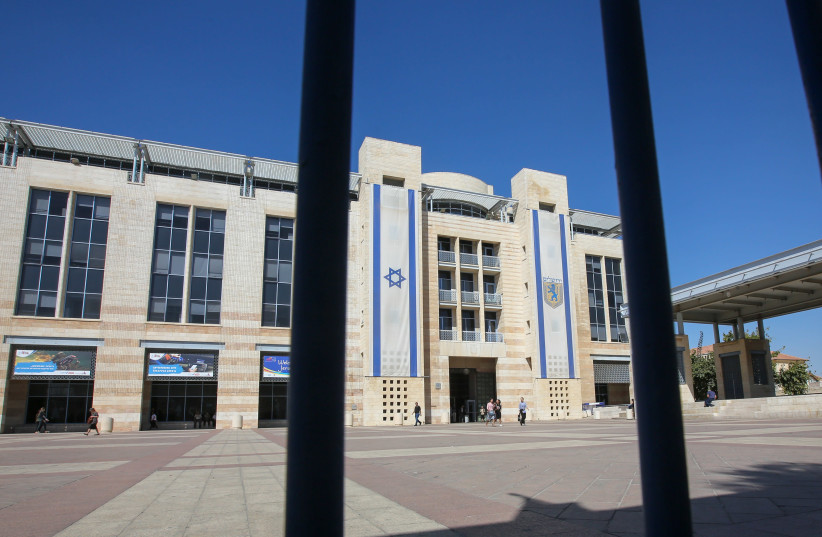Six months and counting, the municipal and mayoral elections are getting closer.
Although there is currently no news regarding the mayoral elections, and, as of this writing, Moshe Lion is still the only candidate for the position, the area is bustling with residents organizing ad hoc on several issues that could disrupt the apparently quiet atmosphere. In several neighborhoods, along with the growing involvement of civil society organizations, residents are making their voices heard. At the moment, it can be said that the major issues that are stirring the residents to action are environmental and green quality, and high-rise construction.
To name just a few, in Kiryat Yovel, there is growing opposition to construction at a height that, according to the residents, changes the character of the neighborhood. In Har Homa, a local version of the Shabbat wars is going on: the neighborhood swimming pool – open on Shabbat or not? In Kiryat Moshe, residents accuse Lion of acting without taking them into consideration, deciding to close a playground despite its being very much needed in the neighborhood.
But the more serious case is apparently the organization of East Talpiot residents to prevent the final approval of the plan to build a large police station in an open area on which Lupine Hill is located. And, of course, we must not forget the opposition to the level separation plan in the White Ridge in the south of the city. The plan for the area was canceled after the Jerusalem District Court accepted the petition of SPNI and the 15 Minutes organization on the grounds that the plan was carried out without a legal environmental impact assessment.
Jerusalemites struggle against municipality, hope to preserve nature
From all of this, a fairly clear picture emerges that Jerusalem’s residents, with or without connection to the upcoming elections, are no longer willing to accept dictates from the authorities. And as a significant part of the objections and struggles, they are concerned about the preservation of nature.

Until now, preserving nature was not ranked high on the haredi factions’ agenda, but even there in recent times there are signs of awakening around the preservation of nature near Har Nof.
In Gonen, the residents of the Katamonim are also showing increasing interest in these issues: opposition to the flooding of the neighborhood with particularly high buildings; the lack of thinking about adequate infrastructure; and a lack of response to the needs of the residents, such as kindergartens, infrastructure and public buildings.
As for the representation of women in factions of the city council, so far only Lion has committed to equal representation in the faction he is establishing. What the representatives of Religious Zionist will do about this (one of its factions is currently led by a woman, Deputy Mayor Hagit Moshe) is still not clear.
In the ultra-Orthodox factions, it is unlikely that anything will change on this issue, which is very significant, considering that today the haredi sector has 17 seats on the city council.
White Ridge, Lupine Hill, high-rise construction where residents fear damage to the neighborhood’s character – there is no doubt that the people of Jerusalem have woken up and realized that the destruction of nature for development purposes is not a decree of fate, and that they have something to say on the matter.
The question is, of course, which of the factions competing for seats on the city council will listen to the murmurs of the crowd and understand that these are not just important issues for the city but are issues that may bring them votes from the constituents. ❖
